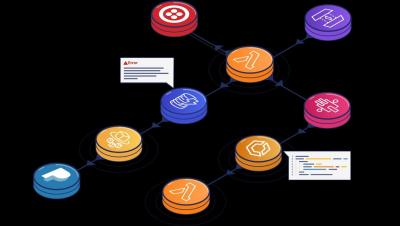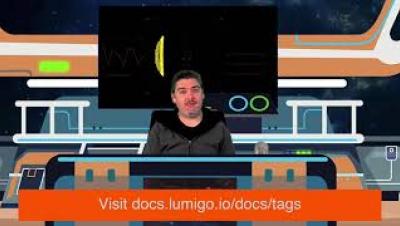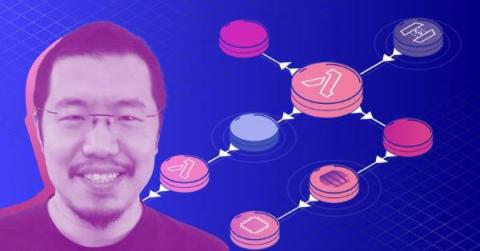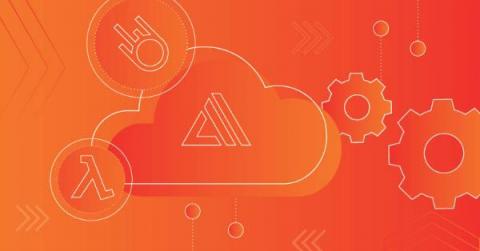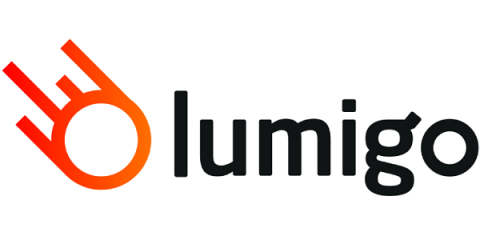Operations | Monitoring | ITSM | DevOps | Cloud
Lumigo
Quick Bytes - Lumigo Tags
Lessons Learned From Running Serverless In Production For 5 Years
I have been an AWS customer since 2010 and in the early days I, along with just about everyone else on AWS, spent a lot of my time just managing infrastructure. Patching AMIs, configuring load balancers, updating auto-scaling configurations, and so on. It was the sort of thankless task that no one cared about until something went wrong! The very definition of what Werner Vogel often refers to as “undifferentiated heavy-lifting”.
How to Troubleshoot Amplify APIs
One of the things we love about working in the cloud is the ease and scalability it brings to application development. It enables us to build out applications, APIs and any infrastructure that is needed from prototyping an idea, through to self scaling deployments. Monitoring and troubleshooting production-level serverless applications is always tricky, Especially working across a number of services and the many logs they can produce.
Lights, Camera, Action: Lumigo Joins AWSonAir for a Big Announcement
It’s no secret that AWS has an extensive catalog of services which enable organizations to rapidly scale infrastructure. In this fast paced and self scaling cloud native world, observability across all these services has never been more critical. As a long time AWS Technology Partner, it’s always great to speak to our friends at AWS, and most recently, Lumigo CEO Erez Berkner joined AWS on Air to talk about end-to-end observability of the modern cloud application.
Lumigo expands its serverless observability platform to support any modern cloud application
Monitoring and Troubleshooting Containerized Applications with Lumigo
Modern applications are designed to leverage cloud native technologies like serverless and containers to run at an unprecedented scale, moving the focus away from machines to the actual service. Lumigo’s observability platform was purpose-built for these evolving cloud environments, and we’ve been delivering the most advanced automated distributed tracing for serverless applications since 2019.
Monitoring Cloud Native Microservices
Today’s modern applications contain a broad set of microservices, with containers and serverless becoming the architectures of choice for many cloud applications. Both architectures facilitate highly scalable systems, and while which approach to take is routinely debated, containers and serverless technologies are being used in tandem more and more.
Lumigo Receives Frost & Sullivan's Technology Innovation Leadership Award
Since our founding, Lumigo has worked hard to build innovative technology that meets the real-world needs of our customers in a cloud-first world. Today, we’re excited to be recognized for our work in serverless operations and the AI market by the experts at Frost & Sullivan, who have awarded Lumigo with the prestigious Best Practices Technology Award in Europe and Israel.
Lumigo + JetBrains
Lumigo uses IntelliJ IDEs everywhere. The back-end developers love their PyCharm and us frontend developers use WebStorm all the time. No doubt that it’s one of the most popular IDE’s out there. One of the perks at Lumigo is that as employees, we can use 10% of our working time to invest in personal projects or do cool things for self-development and innovation.


